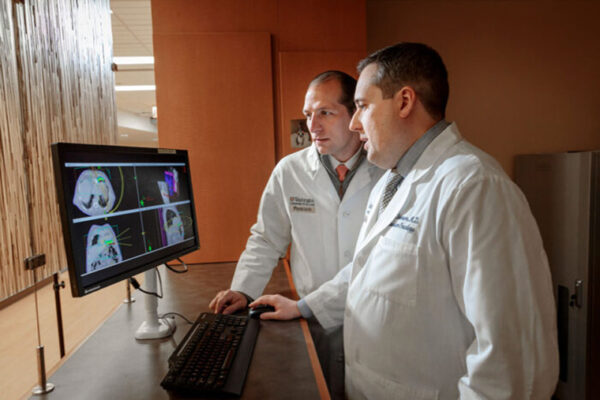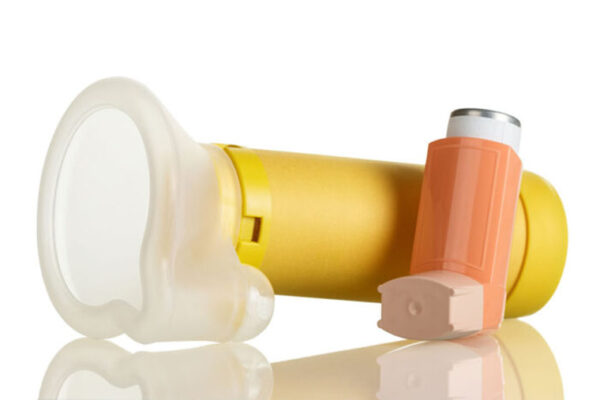Radiation therapy effective against deadly heart rhythm
A single high dose of radiation aimed at the heart significantly reduces episodes of a potentially deadly rapid heart rhythm, according to results of a phase one/two study at the School of Medicine.
Brown School researchers begin low-income smoker study
Brown School researchers at Washington University in St. Louis have begun work on a five-year, $3.9 million study that tests an innovative approach to help low-income smokers quit: helping people establish rules banning smoking inside their homes.
Vaccine against deadly superbug Klebsiella effective in mice
Researchers at the School of Medicine in St. Louis and the biotech startup VaxNewMo have developed a vaccine that is effective, in mice, against hypervirulent strains of Klebsiella that can cause life-threatening infections in healthy adults.
Why initial UTIs increase susceptibility to further infection
Researchers at the School of Medicine have discovered that an initial urinary tract infection (UTI) triggers changes to immune and other cells in the bladder that can prime the bladder to overreact to bacteria, worsening subsequent UTIs.
Children with mild asthma can use inhalers as needed
A new study from the School of Medicine finds that African American children with mild asthma can take their steroid inhalers as needed, based on symptoms, rather than at set times daily regardless of symptoms.
Finnish people’s unique genetic makeup offers clues to disease
A study of the genetics of the people of Finland, conducted in part by researchers at the School of Medicine, has revealed new clues to common diseases.
For malnourished children, new therapeutic food boosts gut microbes, healthy development
Researchers at the School of Medicine and the International Centre for Diarrhoeal Disease Research in Dhaka, Bangladesh, are developing a new approach to address childhood malnutrition. They are designing therapeutic foods aimed at repairing the gut microbiomes of malnourished children.
Fighting pancreatic cancer with immunotherapy
Researchers at the School of Medicine in St. Louis and Rush University in Chicago have found a compound that promotes a vigorous immune assault on pancreatic cancer. The findings, in mice, suggest a way to improve immunotherapy for the deadly disease in patients.
Understanding how tics are suppressed may help some at risk for tic disorders
Studying children shortly after they began experiencing tics, researchers at the School of Medicine discovered that although tics don’t go away, most children are able to suppress and control them. Understanding how they do that may provide insight to help others at risk for significant tic disorders.
Treatment for common cause of diarrhea more promising
School of Medicine researchers have figured out how to grow the intestinal parasite Cryptosporidium in the lab, an achievement that will speed efforts to treat or prevent diarrhea caused by the parasite.
Older Stories









